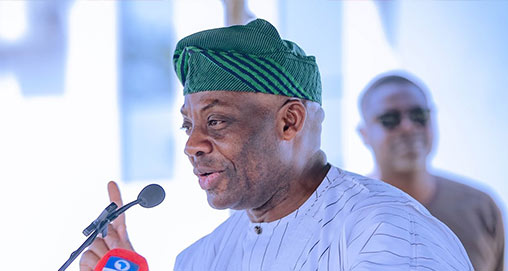Nigerians have expressed divergent views over the federal government’s ban on the policy that mandates the use of indigenous languages as the medium of instruction in basic schools in the country.
Those who supported the decision believed that any policy that hinders pupils’ performance should be discarded. In contrast, others thought that it would only encourage the Indigenous language to go into extinction.
The Minister of Education, Dr Tunji Alausa, who dropped the hint at a recent conference, attributed the government’s decision to extensive data analysis and evidence showing that the use of the mother tongue as the primary medium of instruction had negatively impacted learning outcomes in several parts of the country.
However, Chief Ademola Adeniyi, a retired school principal, while speaking with LEADERSHIP in Osogbo, said it was wrong for the government to blame the failure of pupils on the medium of communication, as, according to him, human reasoning emanates from the mother tongue.
He noted that what the government failed to do before implementing the policy was to first adapt the mother tongue to registered words, which he claimed was done in the Southwest of Nigeria.
Also speaking, Alhaja Simiat Adeyemi regretted that the federal government’s decision would channel the cause for Nigerian indigenous languages going to extinction, adding that if allowed to subsist, a time will come when foreigners will be the ones teaching us our languages.
Adeyemi, who lamented the havoc done to Nigerian languages in the era of “vernacular speaking is totally prohibited”, noted that there is more to being versed in one’s language than meets the eye, adding that the federal government is drawing us back to what she described as the dark days.
But Thomas Odumokun said as long as the federal government realised from data gathered across the country that the outlawed policy was detrimental to the success of our children, the abolition would be welcomed.





